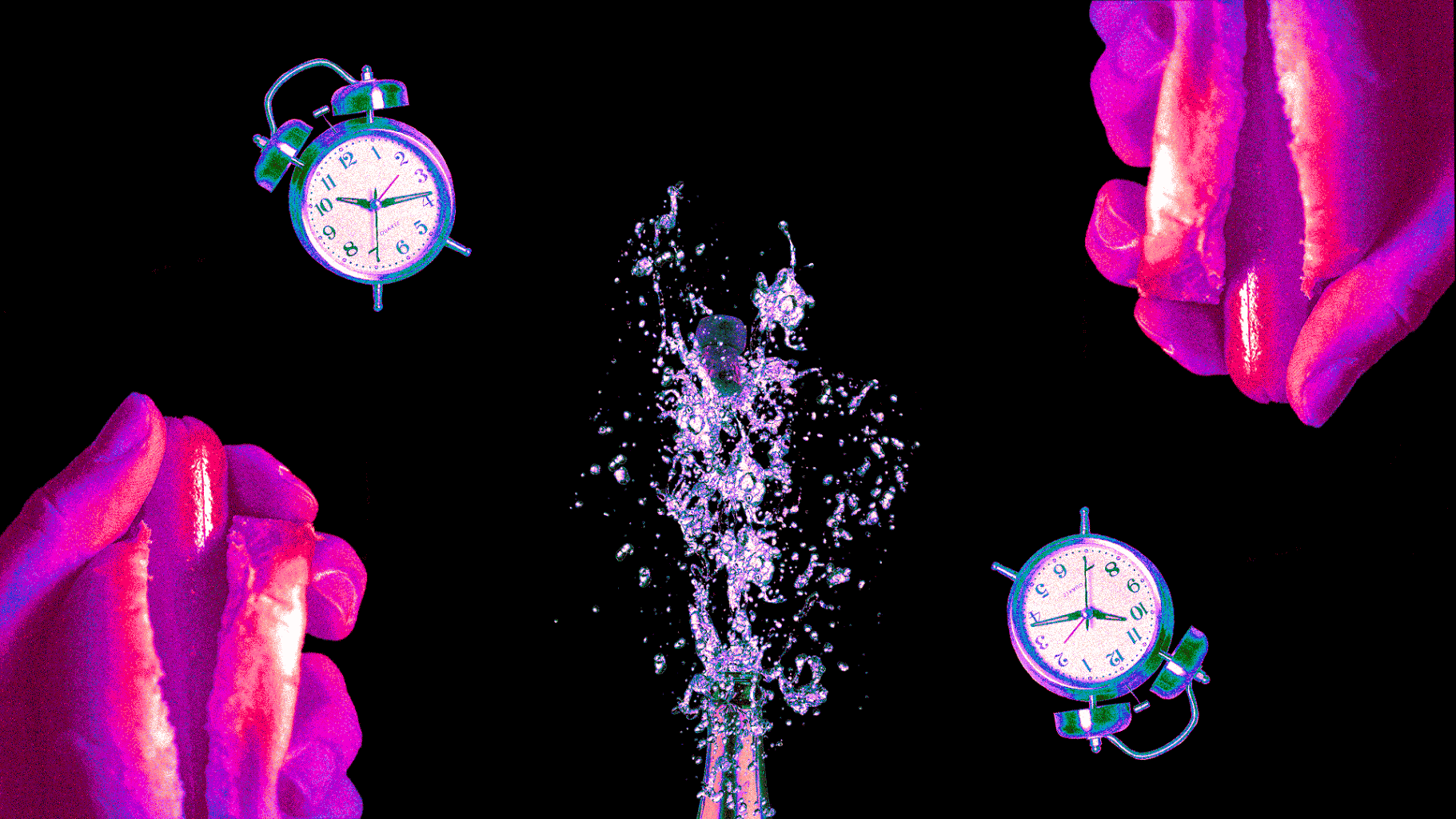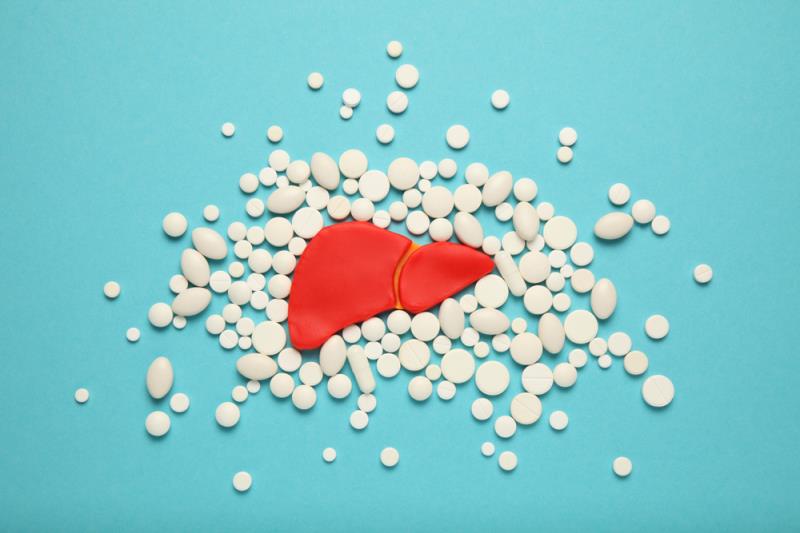10 Diabetes Related Men’s Health & Urological Conditions
2092
Diabetes can make you prone to erectile dysfunction, urinary issues, low testosterone, and infections

Diabetes, Men’s Health, & Urological Conditions
Diabetes can cause trouble for men's health and the urological system because it deals damages to the related systems, especially blood flow, the nervous system, and the immune system. Health problems that concern men's health and the urological system are sometimes too subtle to notice, so it's important to get tested regularly and receive proper medical treatment.
Contact us at info.bkk@pulse-clinic.com or chat on your preferred platform:
![]() +66 65 237 1936
+66 65 237 1936  @PULSEClinic
@PULSEClinic ![]() PulseClinic
PulseClinic
How is Diabetes related to Men’s Health & Urological Conditions
Diabetes and urological health issues are closely connected. Diabetes is when you have too much glucose because the pancreas doesn’t produce enough insulin or the body doesn’t respond to it normally. Glucose is a source of fuel for the body to function and insulin is the hormone that helps the cell absorb it.
Type 2 diabetes that affects circulatory, nervous, and immune systems is the most common. Symptoms include frequent urination, excessive thirst, unexplained weight loss, increased hunger, fatigue, blurred vision, slow-healing wounds. Although type 2 diabetes can’t be cured, it can be managed in different ways. Exercising, eating healthy, and controlling weight can contribute to better conditions. Diabetes medications or insulin therapy are used when exercising and diet isn't enough.
For men's health and urological systems, the effects of diabetes can be asymptomatic which means it shows little to no symptoms. It’s important to see a doctor regularly to check if your health needs any medical treatment. Early diagnosis and good diabetes management can also help reduce the risk of these complications. Here's what to expect when having diabetes as a man.
10 Diabetes Related Men’s Health & Urological Conditions
1. Erectile Dysfunction (ED): Erectile dysfunction is the inability to get or keep an erection that is good enough for satisfying sexual performance. Diabetes can damage nerves and blood flow, making it difficult to achieve or maintain an erection.
In Thailand, several treatment options are available for erectile dysfunction, including oral medications, injections, acupuncture, and shockwave therapy for erectile dysfunction (Shockwave therapy is only available in our Silom, Bangkok, and Tanjong Pagar, Singapore branches)
2. Low Testosterone: or hypogonadism, can lead to various physical and emotional symptoms, including reduced muscle mass, weakened bones, increased body fat, fatigue, diminished libido, erectile dysfunction, and changes in sleep patterns. Emotionally, men with low testosterone may experience decreased motivation, irritability, and even depression.
Diabetes can decrease testosterone production, leading to decreased sex drive, fatigue, and muscle loss. Low testosterone is a condition hard to diagnose because it has similar conditions with other diseases. A man with type 2 diabetes has twice higher chance to have low testosterone than a man without diabetes.
Testosterone replacement therapy, or TRT, is a way to treat men with hypogonadism. Talk to your doctor to diagnose your conditions and decide whether TRT is the best treatment for you!
3. Urinary Tract Infections (UTIs): High blood sugar can create a breeding ground for bacteria in the urine, increasing UTI risk. People with diabetes are more prone to bladder issues, due to blood flow, nerves and sensory issues. The primary treatment for UTIs typically involves antibiotics. The specific medication and duration of treatment depend on factors such as the type of bacteria detected in the urine and the patient's overall health. Also, speak with our doctor if you are suitable for circumcision if you are having recurring UTIs.
Add us on Line and stay in touch.
4. Bladder Issues: Diabetes can weaken bladder muscles, leading to incomplete emptying (urinary retention) or leakage (incontinence). Poorly controlled diabetes also raises the likelihood of developing bladder dysfunction, including difficulty emptying the bladder completely (urinary retention) or experiencing bladder contractions at inappropriate times.
5. Kidney Disease: Diabetes is a leading cause of kidney failure. Diabetes can damage the small blood vessels and filters in the kidneys, leading to a condition called diabetic nephropathy. Over time, this damage can progress to chronic kidney disease (CKD) and eventually to end-stage renal disease (ESRD), where the kidneys can no longer function adequately without dialysis or kidney transplantation.
Early detection and management are crucial so regular monitoring of kidney function through blood and urine tests is essential for early detection and timely intervention to preserve kidney health in individuals with diabetes.
6. Retrograde Ejaculation: Semen travels backward into the bladder instead of exiting the penis during orgasm. Diabetes can impair the nerves that regulate the bladder and sphincter muscles, leading to a relaxation of the bladder neck and causing semen to flow backward into the bladder instead of outward through the penis.
7. Peyronie's Disease: Peyronie's disease is a condition characterized by the development of fibrous scar tissue (plaque) within the penis. This plaque typically forms on the upper or lower side of the penis, causing the penis to bend or curve during erection.
Diabetes can lead to damage to blood vessels and reduced blood flow, and affect the body's ability to produce and maintain healthy connective tissues. Poorly controlled diabetes can impair the body's ability to heal wounds and injuries efficiently and may contribute to the formation of scar tissue characteristic of Peyronie's disease.
8. Balanitis: Balanitis is a condition that involves inflammation of the head of the penis (glans penis) and often the foreskin (prepuce) in uncircumcised males. Inflammation of the glans penis, which can be more common in men with diabetes due to increased susceptibility to infections.
9. Yeast Infections: yeast infections or candidiasis, occur when there is an overgrowth of Candida fungus on the skin or mucous membranes, typically in the genital area. Candida is a type of yeast that normally lives on the skin and in small amounts in the body's mucous membranes, such as the mouth, gut, and genitals. However, under certain conditions, Candida can multiply excessively and cause an infection.
Fungal infections like thrush can occur more frequently due to changes in the genital environment.
10. Reduced Sperm Quality: which is crucial for male fertility. Diabetes can affect sperm quality, potentially impacting fertility.
TREATMENT FOR DIABETES
Diabetes knowledge, treatment, and prevention strategies advance daily. Treatment is aimed at keeping blood glucose near normal levels at all times. Training in self- management is integral to the treatment of diabetes. Treatment must be individualized and must address medical, psychosocial, and lifestyle issues.
- Treatment of type 1 diabetes: Lack of insulin production by the pancreas can make type 1 diabetes difficult to control. Treatment requires a regimen that includes a carefully calculated diet, planned physical activity, home blood glucose testing and multiple daily insulin injections.
- Treatment of type 2 diabetes: Treatment includes diet control, exercise, home blood glucose testing, and in some cases, oral medication and/or insulin. Approximately 40% of people with type 2 diabetes require insulin injections. Recently there are also medications for type-2 diabetes that promote insulin production of your body and help regulate blood sugar level like Ozempic.
We offer medications for diabetes. Contact us to let us know which medications you need refilled.
Our doctor will prescribe and get your refill delivered to your hotel/home.
Conclusion
Managing diabetes effectively is very important in preventing complications, including those related to men's health and urological issues. Regular check-ups, maintaining healthy blood sugar levels, and adopting a healthy lifestyle are crucial steps in reducing these risks because the symptoms may not be obvious and can go unnoticed. Talk to your doctor about any concerns you have and get the right treatment for each condition.
Contact us at info.bkk@pulse-clinic.com or chat on your preferred platform:
Trust PULSE CLINIC to take care of your health like other 45000 people from over 130 countries. We provide discreet professional service with high privacy. Here to help, not to judge.
Loading...
Clinic Locations
Loading...












